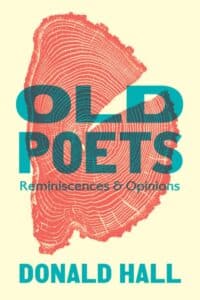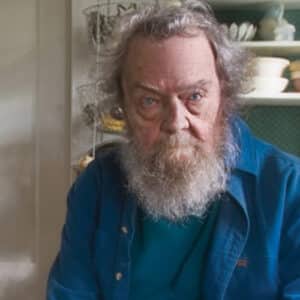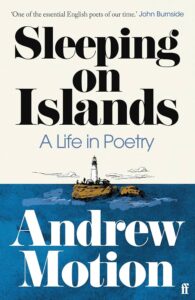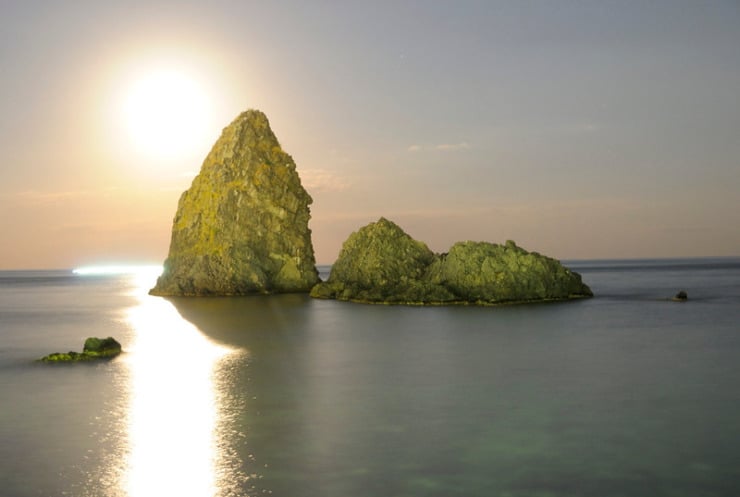Donald Hall and Andrew Motion were / are major presences in and eyewitnesses to poetry
I’m not sure why I first started reading memoirs by major poetic figures, but I recently read two that struck me as particularly significant in the development and history of what we consider contemporary poetry. One was American; the other is a Brit who eventually landed in America. Both knew major figures in poetry in their respective countries and beyond. And both served as poet laureates of their respective countries.
American Donald Hall (1928-2018) first published a memoir entitled Their Ancient Glittering Eyes in 1992. In 2022, four years after his death, a new updated version entitled Old Poets: Reminiscences & Opinions was produced. It’s not so much a chronological memoir as it is an account of his personal experiences with some of the major figures of 20th century poetry.

Hall describes his experiences with seven pots: Robert Frost, Dylan Thomas, T.S. Eliot, Archibald MacLeish, Yvor Winters, Marianne Moore, and Ezra Pound. In their times, they are all major presences in poetry. One of the reasons for their inclusion in the work is that Hall believes they all should continue to be read and studied, a practice accorded to Eliot, Thomas, and Frost but not as much to others. Hall also admits a partiality to great poems, suggesting that (horrors!) some poems are really better than others. “Surely superiority is an awkward idea, even oppressive,” he writes, “but so is death.”

Donald Hall
Several of the poets, like Eliot, are included because Hall interviewed them for The Paris Review. His accounts are equally information about both the poets being interviewed and how interviews were conducted.
Hall published 19 poetry collection and some 24 works of prose. He was poet laureate of the United States from 2006 to 2007, a member of the American Academy of Arts and Letters, and a recipient of the National Medal of the Arts. Perhaps my favorite of his works is Eagle Pond, an account of hi family’s ancestral home and where he and wife , poet and writer Jane Kenyon, lived until her death
British poet Andrew Motion (born 1952) has written another kind of memoir, one that is largely autobiographical. Sleeping on Islands: A Life in Poetry follows an earlier work on his childhood; this one covers the years 1970 to 2021.

Motion is reticent in his mentions of his three marriages but writes extensively about the horse-riding accident that left his mother in an extended coma and then, after she revived consciousness, permanently incapacitated. Much later, his father died, and he writes movingly of a relationship that wasn’t close but had a major impact on his life. He also describes the various positions he held in academia, publishing, and as a writer.

Andrew Motion
Motion describes his meetings, encounters, and friendships with a considerable number of poets, including W.H. Auden, Robert Lowell, Ted Hughes, and Philip Larkin. And especially Philip Larkin. He and Larkin were good friends over a considerable period of time, and Motion served as one of Larkin’s literary executors and his chief biographer. And he succeeded Larkin as poet laureate.
Motion read (“studied”) English at Oxford University, where he studied under Auden and wrote his thesis on the Welsh poet Edward Thomas. He taught at Hull University (where he first connected with Larkin), was an editor for Poetry Review, and an editor with various publishing firms. He’s published more than 15 poetry collections and several biographies, works of prose, and critical studies. He’s also served as editor of several collections of such poets as Thomas Hardy, John Keats, William Barnes, and the First World War poets. He because the Homewood Professor of the arts at Johns Hopkins University in Baltimore in 2015.
What appealed to me about both the Hall and Motion memoirs were the perspectives of two men who were both eyewitnesses to and integral parts of American and British literary culture for the last half century or more. They both write with a keen eye, thoughtfulness, insight, and admiration for the people they knew and worked with. Both memoirs are a pleasure to read, focused as they are on explanation and understanding instead of the titillation so many publishers want in a memoir.
Related:
Andrew Motion’s The Customs House: Poems
Donald Hall and Selected Poems.
Donald Hall’s The Back Chamber: Poems.
Photo by gnuckx, Creative Commons, via Flickr. Post by Glynn Young.
How to Read a Poem uses images like the mouse, the hive, the switch (from the Billy Collins poem)—to guide readers into new ways of understanding poems. Anthology included.
“I require all our incoming poetry students—in the MFA I direct—to buy and read this book.”
—Jeanetta Calhoun Mish
- Poets and Poems: Donna Vorreyer and “Unrivered” - October 7, 2025
- Poet Sidney Lanier and the Lost Cause - October 2, 2025
- Poets and Poems: A.J. Thibault and “We Lack a Word” - September 30, 2025


Katie Spivey Brewster says
Such important works, Glynn. Thank you for always sharing such valuable titles.
Wow, to have known all those poets!!